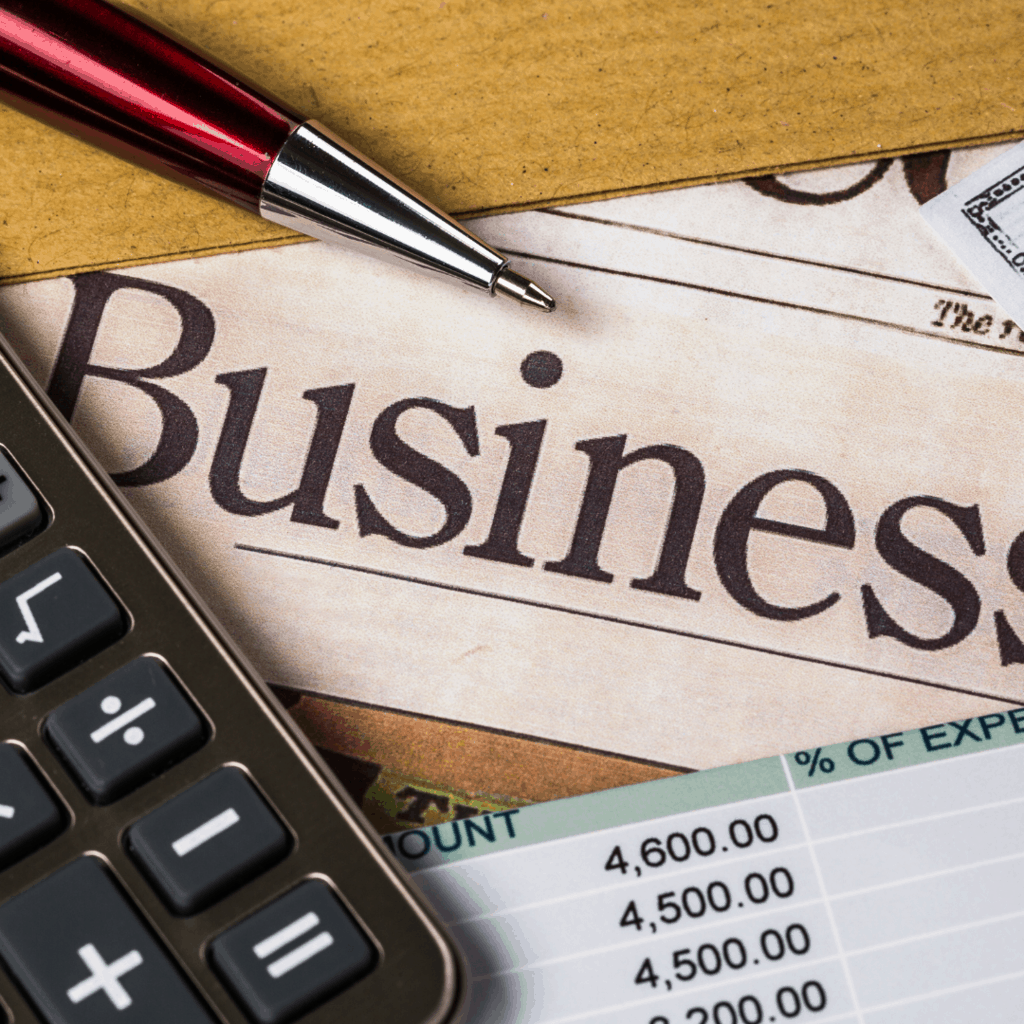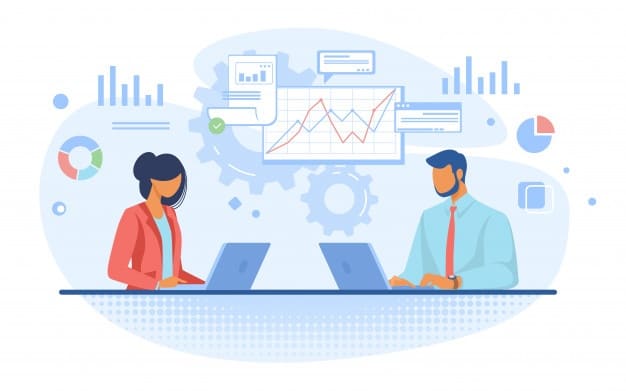Like all forms of bankruptcy, filing an Individual Chapter 11 Bankruptcy isn’t the end of your financial dream; it’s actually a method of resetting. While your financial difficulties may put a strain on your business, you still owe it to yourself to move forward. Here are some best practices to begin doing just that.
Keep Business and Personal Finances Separate
If you file for individual Chapter 11 (as opposed to business Chapter 11), your business should be clear of the bankruptcy. But then don’t muddy the waters by using business funds for personal expenses, or vice versa. Keep business records completely separate, and maintain a visible paper trail when paying yourself out of the business. If something goes wrong with the bankruptcy, your company may be viewed as a personal asset. If this happens, a trustee could take over.
Work on Repairing Your Personal and Business Credit
Depending on the structure of your business, the resulting hit to your credit from the bankruptcy could affect your ability to get financing. Think proactively and begin taking steps now to rebuild your credit. For the short term, if your personal credit becomes restrictive to your company’s trustworthiness, you may need to downsize and operate on cash for a while. Look for creative ways to do more with less until you regain.
Fulfill the Credit Agreements
While you work through the bankruptcy process, make sure you’re paying creditors as agreed. Also, comply with any other trustee-ordered requirements. Paying your creditors in the ordinary course of business while you are in a chapter 11 bankruptcy is not optional. During a chapter 11 case, your current obligations, such as rent, maintenance fees, mortgage payments, car payments, current legal fees, and quarterly fees due to the Office of the United States Trustee, to name a few, are referred to as administrative expenses. All administrative expenses must be paid when they become due and they must be kept current during your case. This isn’t a case of asking forgiveness instead of permission. Ask for permission to miss a payment, if you aren’t sure.
Grow the Business
Bear in mind that if you owned a business and filed for Chapter 7, your business would be shut down immediately. All assets and earnings are subject to seizure and sale for repayment of your debts. In contrast, in an individual Chapter 11 case, you remain in control of your holdings. Hence, your business provides a potential source of income to repay your debts. Along the way, you may be extra conservative in your business dealings. Thus, passing on an opportunity. That’s understandable, but it may be a mistake. Remember that, as long as you’re holding up your end of the credit agreement, concrete steps to grow your business will be seen as favorable and productive.
By tending to your business and career alongside your bankruptcy, you’re maintaining an income stream that can help pull you out of the pit while re-laying a foundation for your future. Our team can advise you further on best practices for rebuilding your financial life after bankruptcy. Contact us at (908) 350-7505 to learn more.



